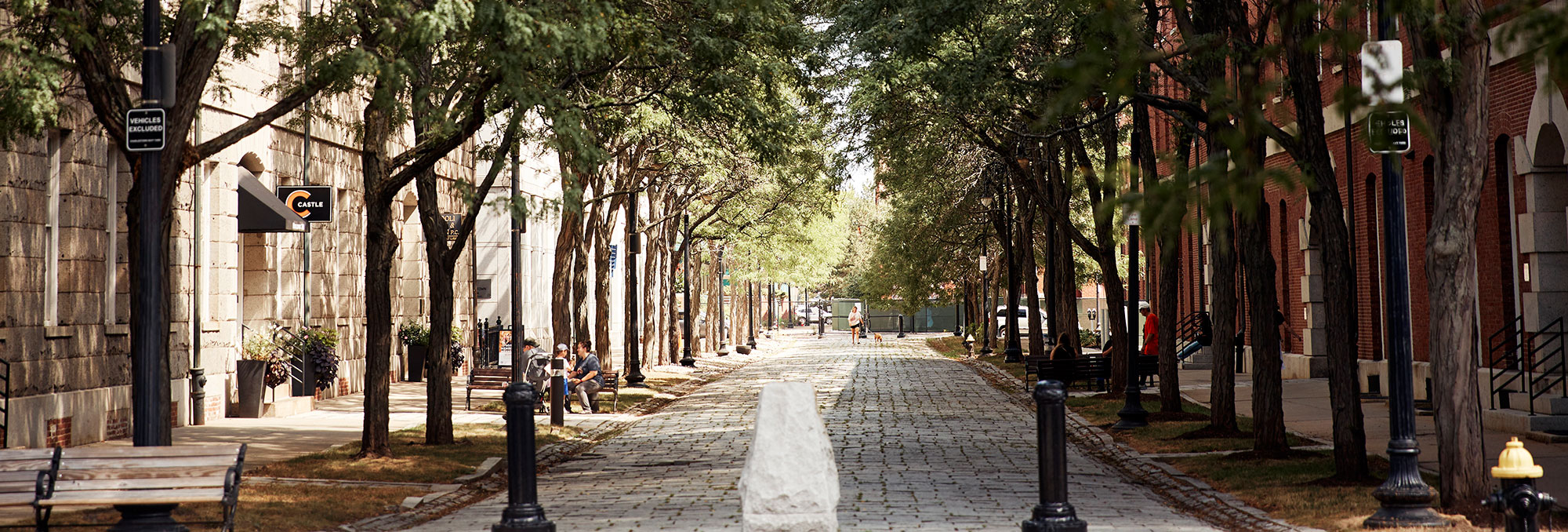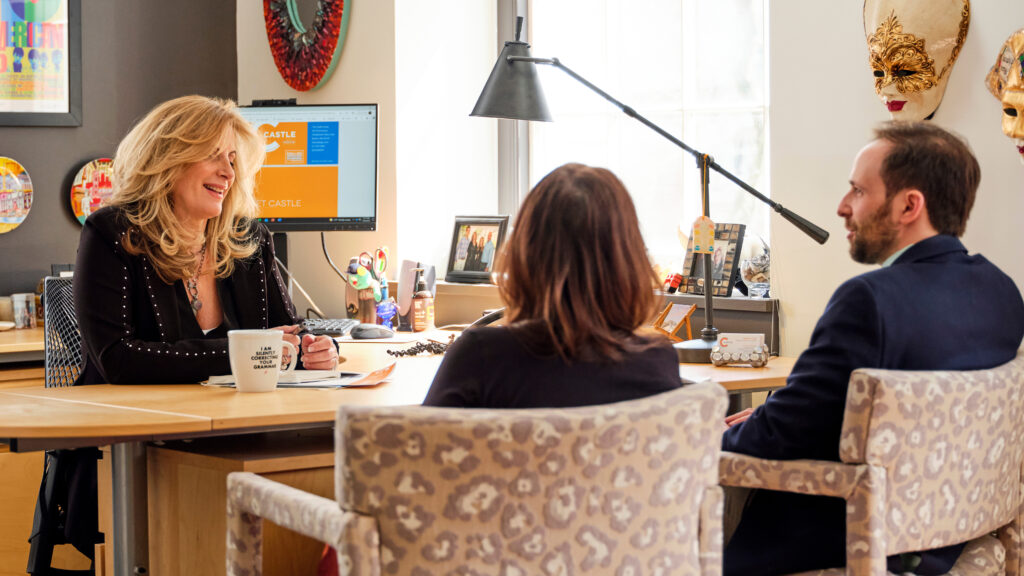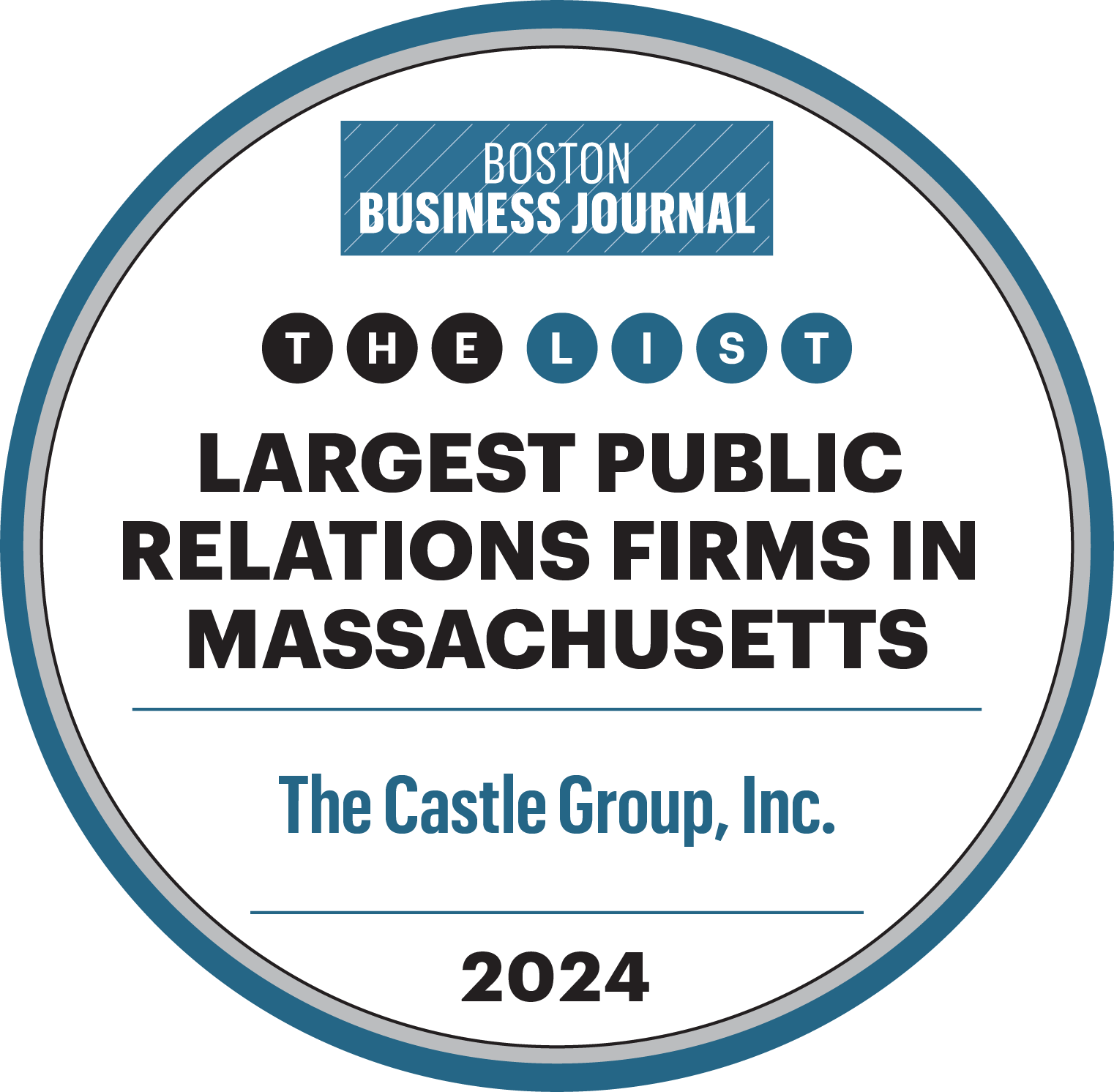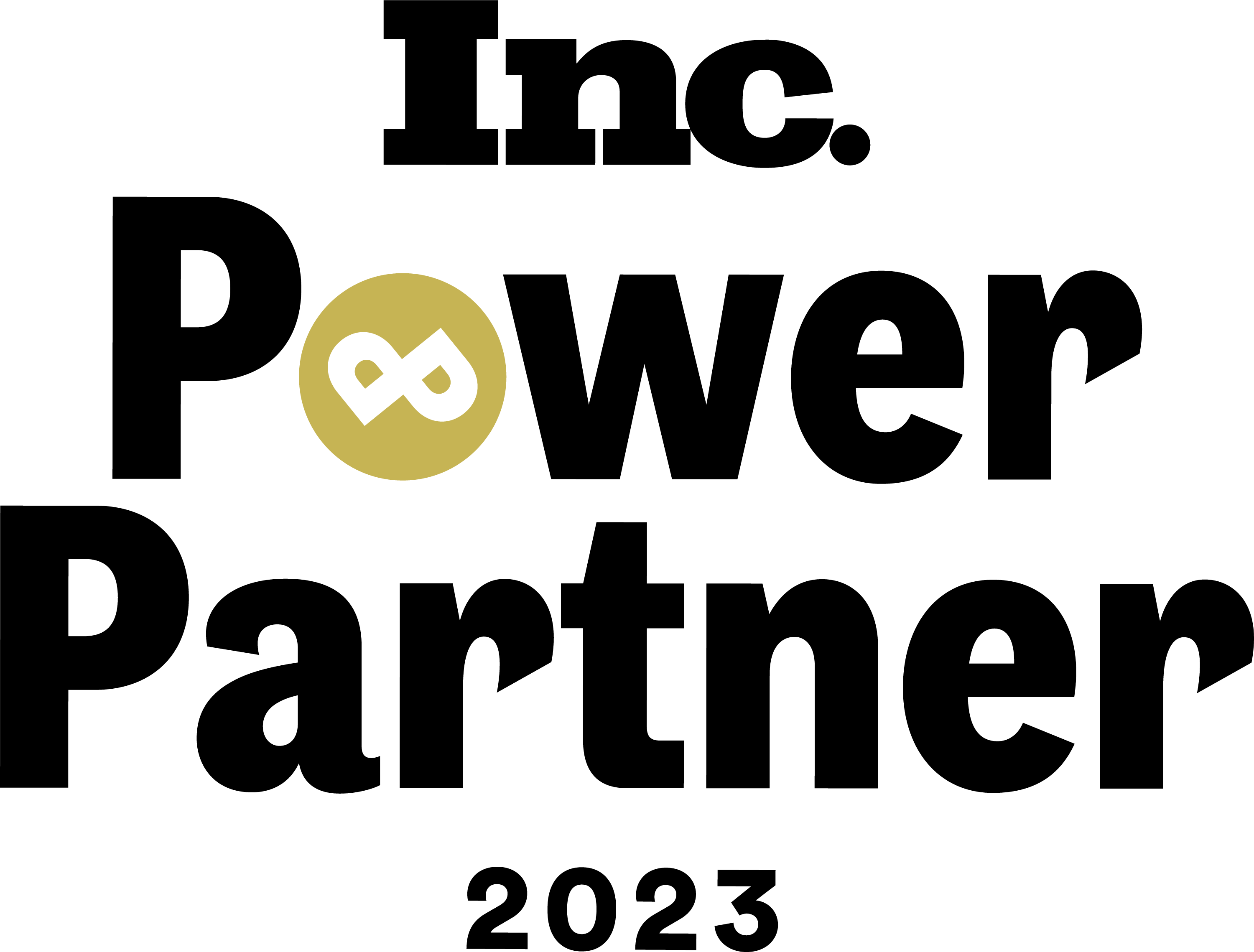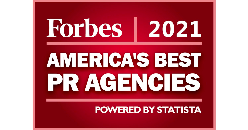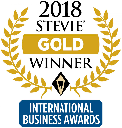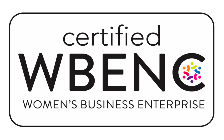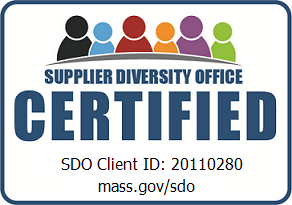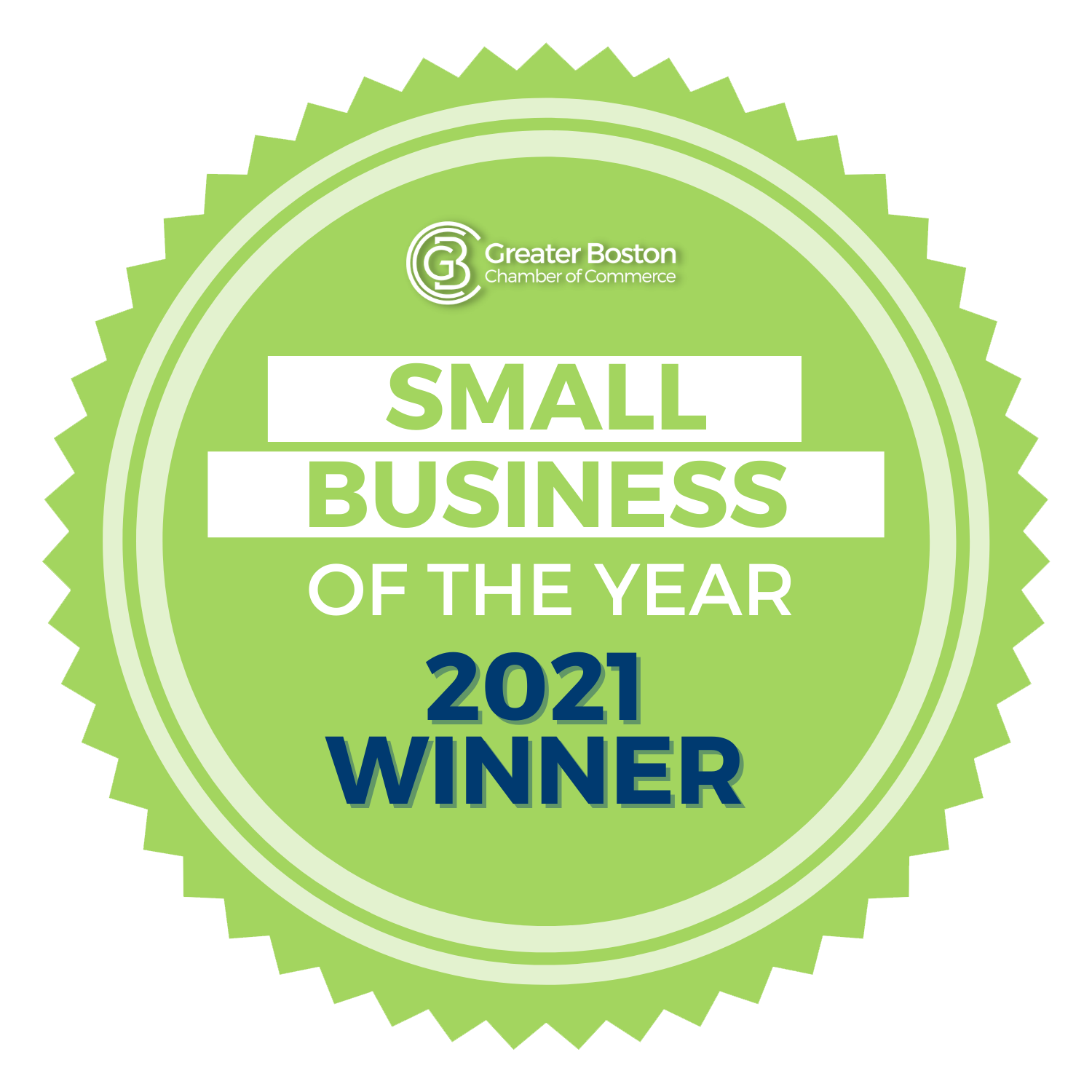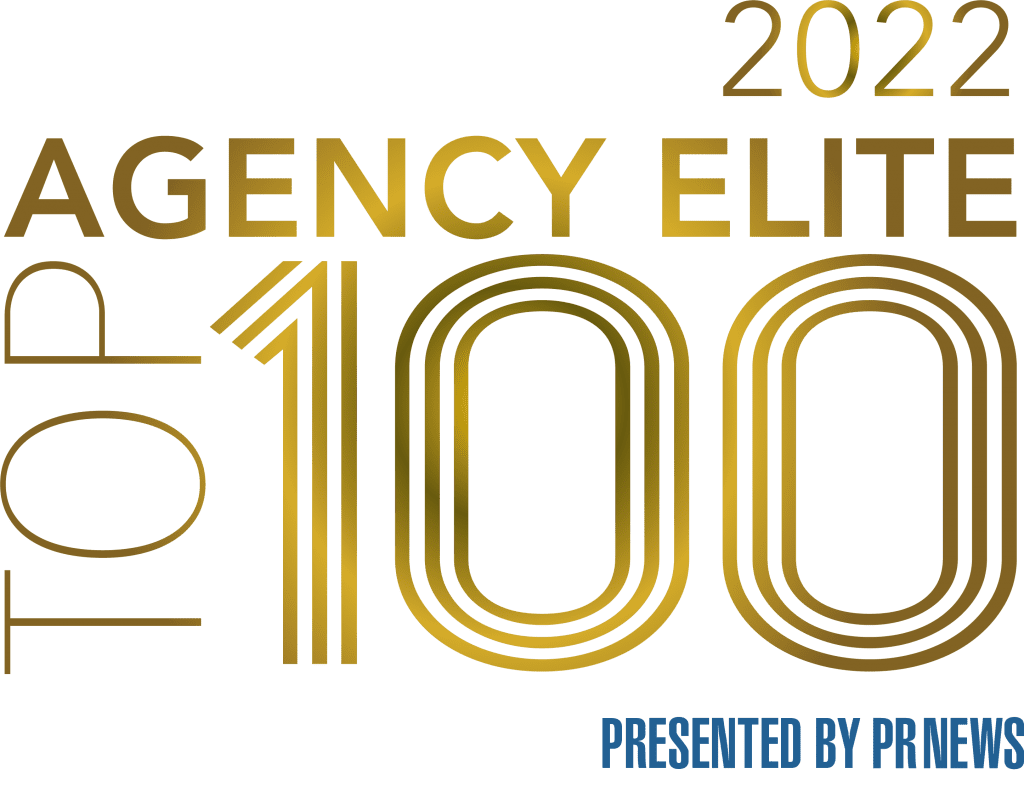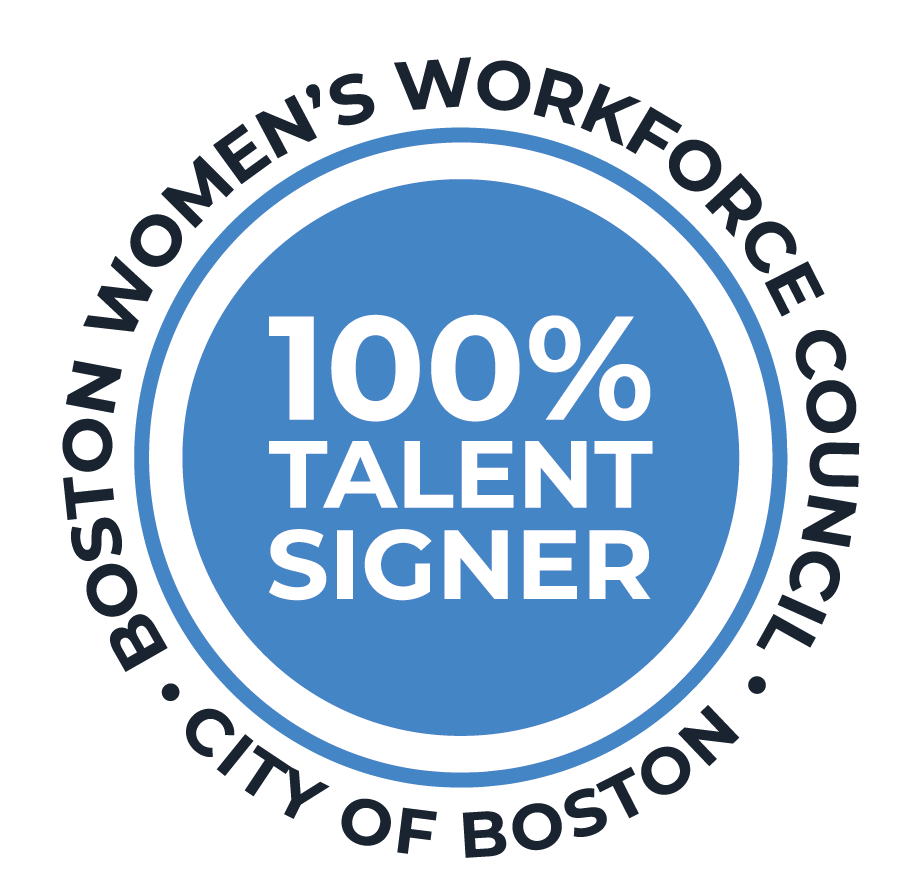What does it mean to have accessibility infused into your event, not just a box checked?
When it comes to organizing events, whether they are conferences, workshops, or social gatherings, making them accessible to people of all abilities is of paramount importance. As event professionals, we must do our part to provide attendees with full access to events in every way possible. Let’s reframe what were once considered alternative options to standard practices.
How to ensure accessibility at events
At Castle, we strive to ensure full access for all at our event programs and put together a few tips to help get you started:
1. Create and share your events accessibility statement from the start.
When you set out to determine your event goals, include an accessibility statement. Bring individuals living with disabilities into the conversation. Once you’ve finalized your accessibility statement, share it with your event planning team, vendors, and venue. The more people aware of your statement and goals, the more action you will see. Continue to revisit your event accessibility statement throughout your pre-planning process to ensure maximum results for disability inclusion.
Sample: What should an Event Accessibility Statement look like? Here are a few highlights to include:
At [Event Name], we are committed to creating an inclusive and accessible event environment for all attendees. We strive to ensure that individuals with disabilities can fully participate and enjoy their experience. Below is important information about the accessibility features and accommodations available at our event:
- Venue Accessibility (e.g. ramps, elevators, accessible restrooms, quiet spaces, accessible seating space, parking & transportation options)
- Assistive Technologies (e.g. closed captioning, audio devices, etc.)
- Communication and Materials (e.g. large print format programs, brail signage, name tags with large dark fonts, event colors with contrast for vision)
- Special Accommodations (e.g. list what sections of the room have accessible seating, share where the ASL interpreter is located, provide accessible online registration and request preferred names etc… )
- Feedback and Questions (e.g. who to contact, how & where to contact them)
2. Ensure your venue is accessible and inclusive to all.
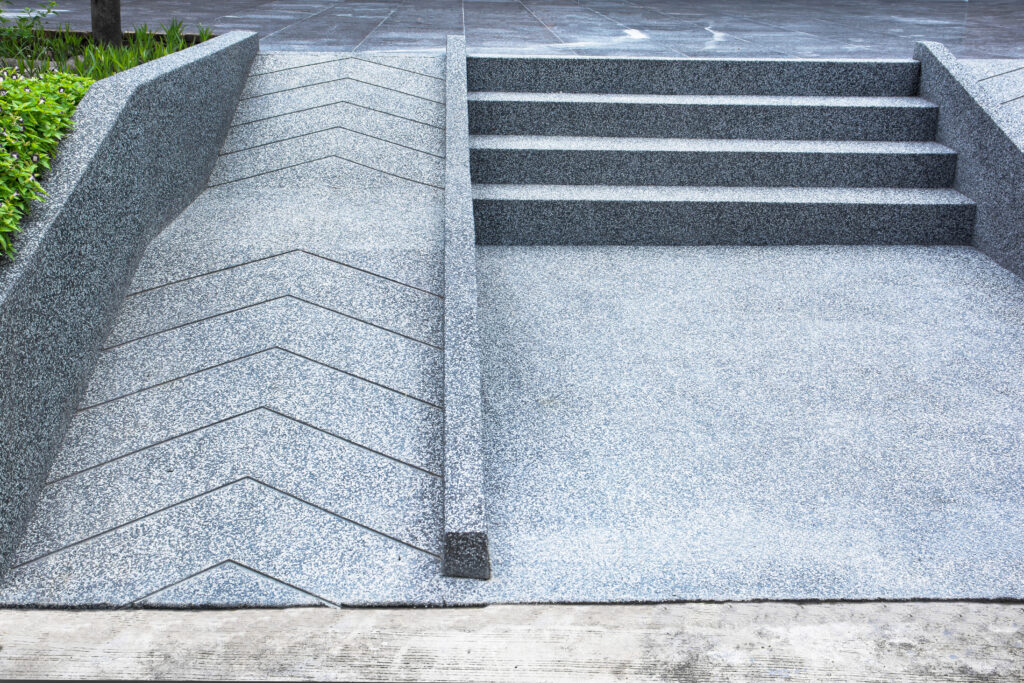
Now that your event goals are written down, the next step is to meet them. Usually, this begins with where your event will be hosted, in person or virtually. Both formats require forethought to ensure your attendees can access the space.
For venues, ensure your physical spaces are wheelchair accessible, with ramps and elevators available for easy access to all areas. Look for accessible parking spaces and ensure they are near the entrance for attendees with mobility needs. Double-check that the restrooms are equipped with accessible facilities and are clearly marked.
Physical space isn’t the only thing to consider. Include assistive listening systems to aid attendees with hearing impairments. (Pro-tip: include how-to instructions on obtaining assistive devices in pre-event communications and onsite signage.) Also provide sign language interpretation services. Calling this out in advance so attendees know it’s available is good practice.
Closed captioning or real-time captioning should be provided for all presentations and during sessions. Be sure to ask your AV partners about their closed captioning capabilities.
Here is a recap of some questions to ask when touring an event space:
- Where are the accessible restrooms?
- Where is parking for disabled guests or guests with mobility issues?
- Where are the elevators and/or ramps located?
- Where will the ASL interpreter be located?
- Do you provide assistive listening devices or have a built-in assistive listening system?
All these questions (and so many more) are important to ask your venue throughout the planning process to ensure an accessible event for all attendees.
3. Communicate your accessibility plans so there are no surprises.
Share a list of accessibility resources available at your event. Be sure to communicate resources clearly and consistently through all channels available such as an event website and registration form, promotional materials, social media, etc.
Convert your event materials, such as brochures, programs, and handouts, into accessible formats, including large print, Braille, or electronic versions.
Design your event website using accessibility guidelines, including proper headings (assess legibility – size, contrast/color, font choice – and settings for screen readers), alternative text for images, and descriptive links. Include contact information for attendees to ask questions or request any additional accommodation.
Use disability access symbols to help you promote which accommodations will be provided during your event. You can view the symbols commonly used here. The National Endowment for the Arts is a great resource for communications tips.
Additional Event Accessibility Resources
Ensuring accessibility in every aspect of your event can be overwhelming – and you may feel you have a lot to learn before implementation can begin. Here are a few additional resources to assist in further research:
- ADA National Network
- Autistic Self Advocacy Network – Accessibility Resources
- Inclusive Design Principles & Contract Checker
- Microsoft Office Support – Make your PowerPoint presentations accessible to people with disabilities
- National Disability Rights Network Presenter Guidelines
- Registry of Interpreters for the Deaf, Inc. (RID)
- RespectAbility’s toolkit, Ensuring Virtual Events Are Accessible for All
Event accessibility is the new standard
While these recommendations only lay the groundwork for providing access to all, they will get you started on what to consider when planning your next event program. Our hope at Castle is to see a set of standards form in the event industry that becomes second nature to all planners.
Making events accessible is not merely an act of compliance; it is an essential aspect of building an inclusive and equitable society. By removing barriers and accommodating diverse needs, events become catalysts for empowerment, collaboration, and innovation. The impact of accessible events extends far beyond the individuals directly involved.
Want to make your events and meetings more accessible?
Reach out to a member of our events team for more tips. We’d love to hear from you.



